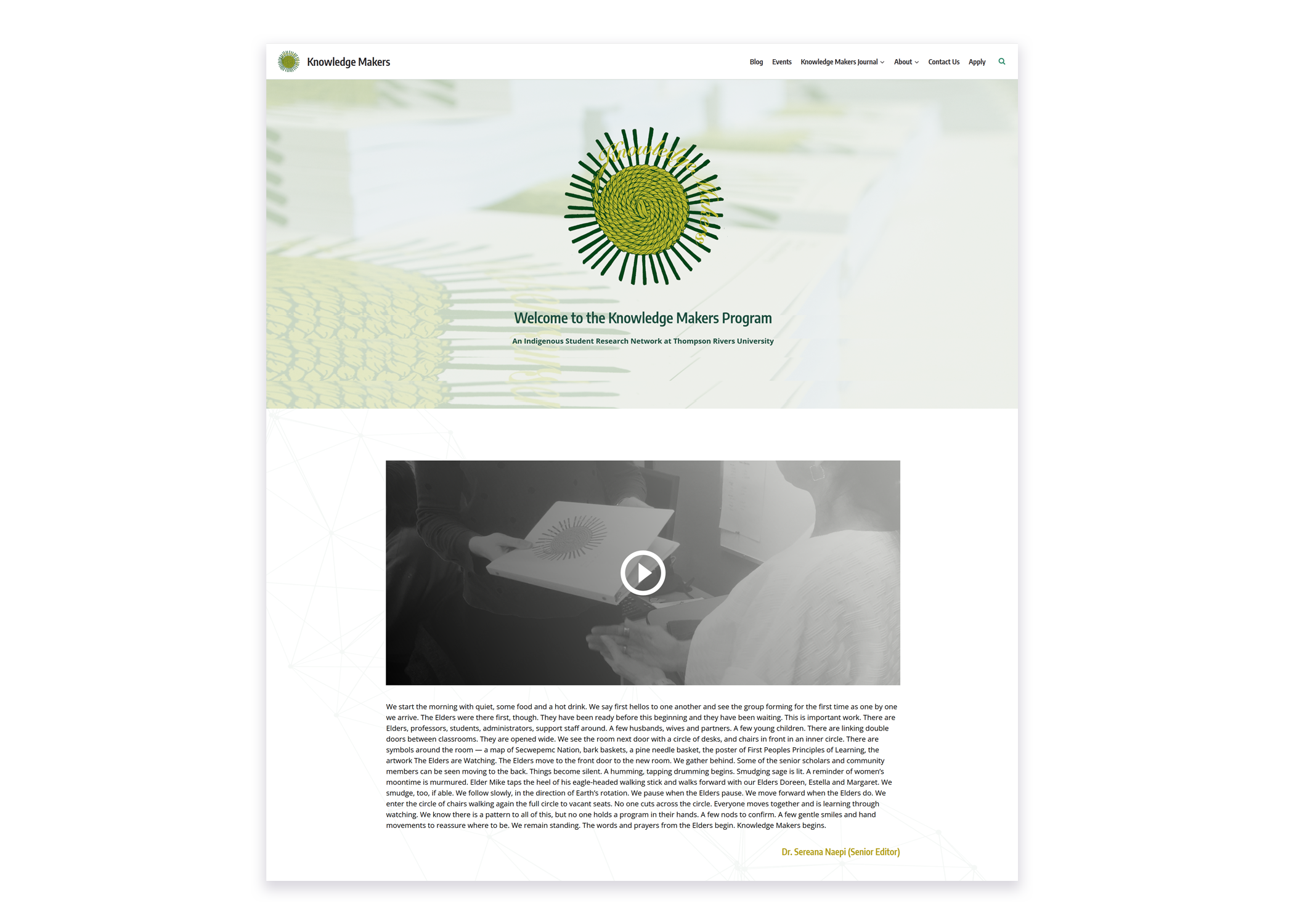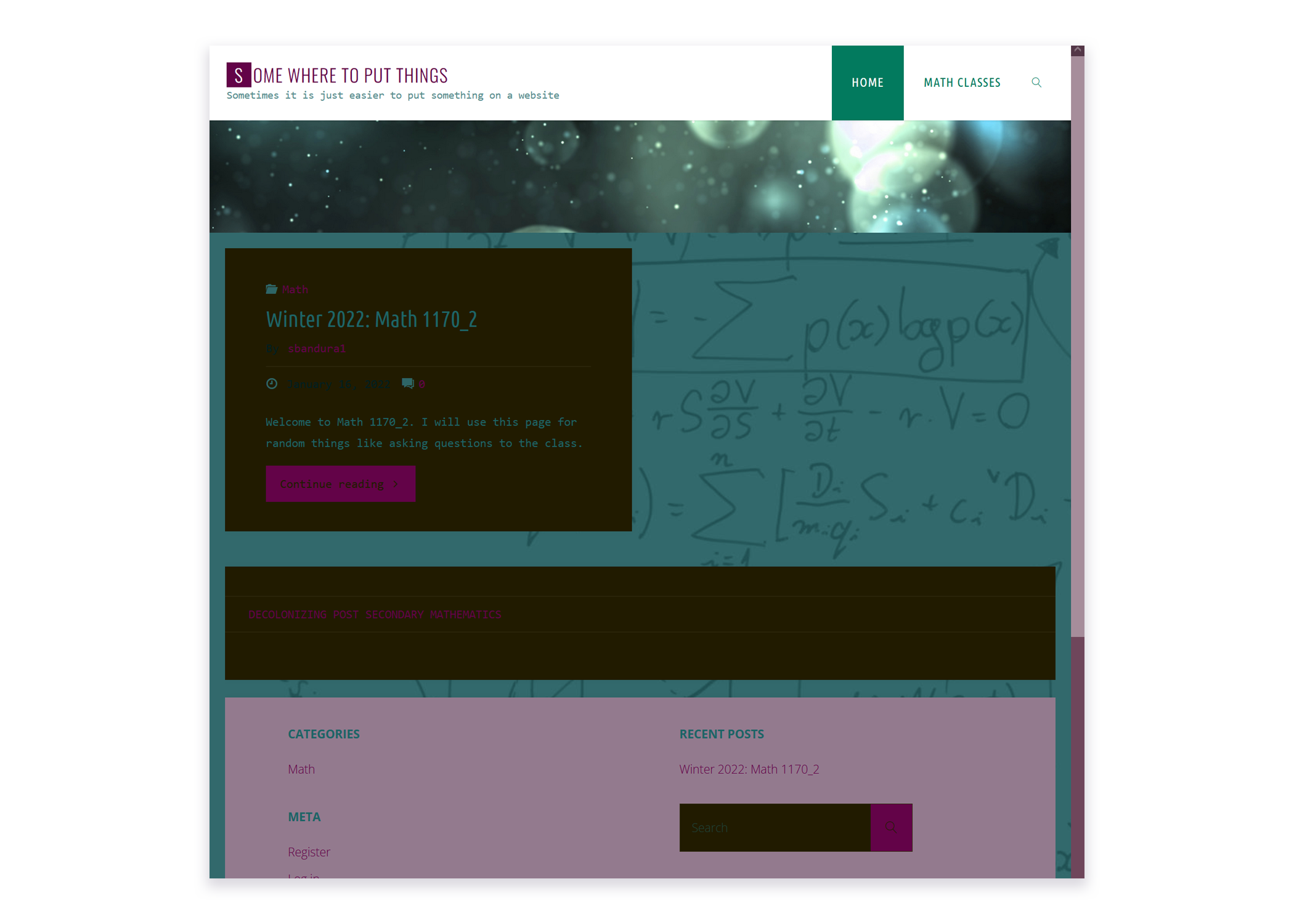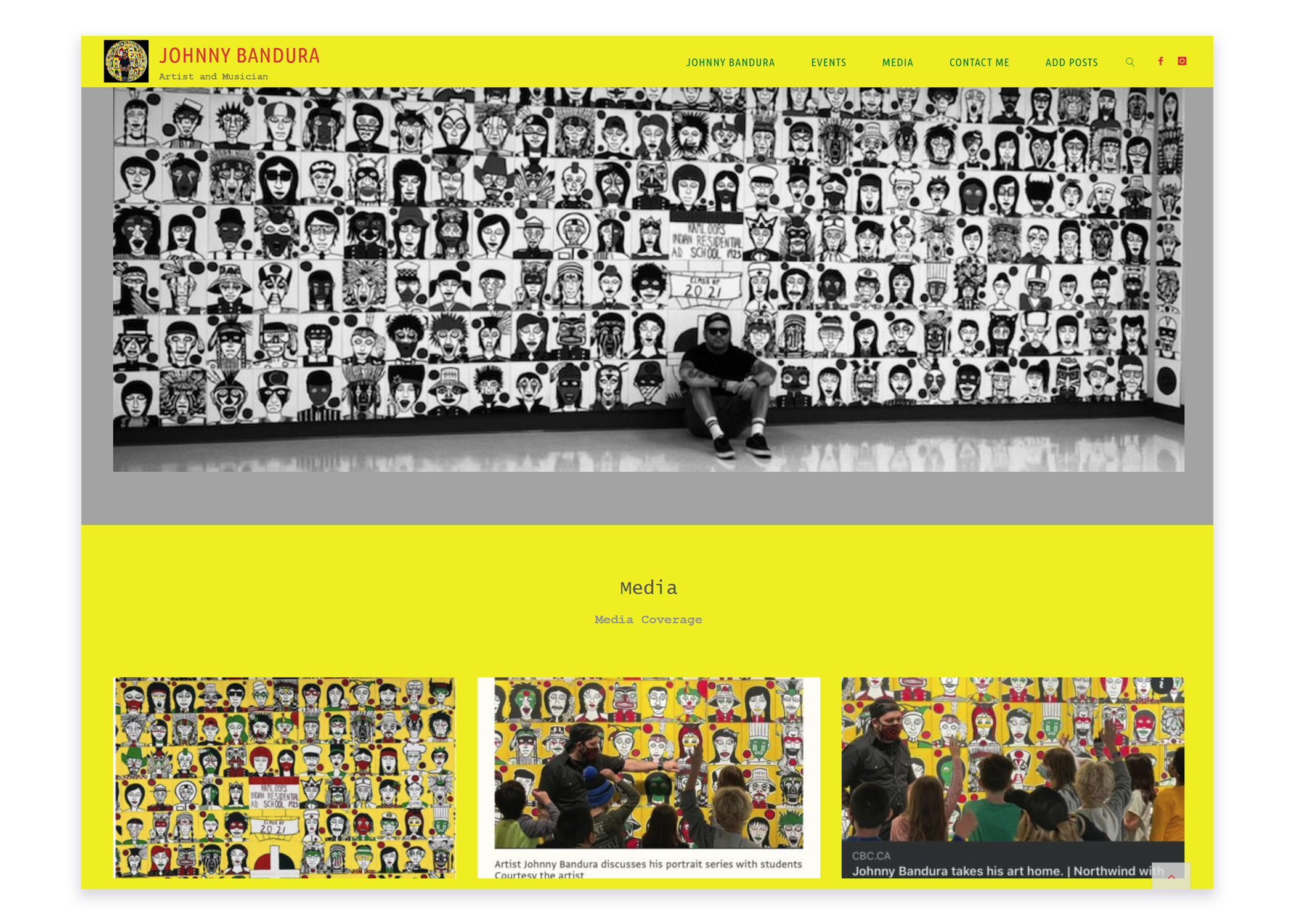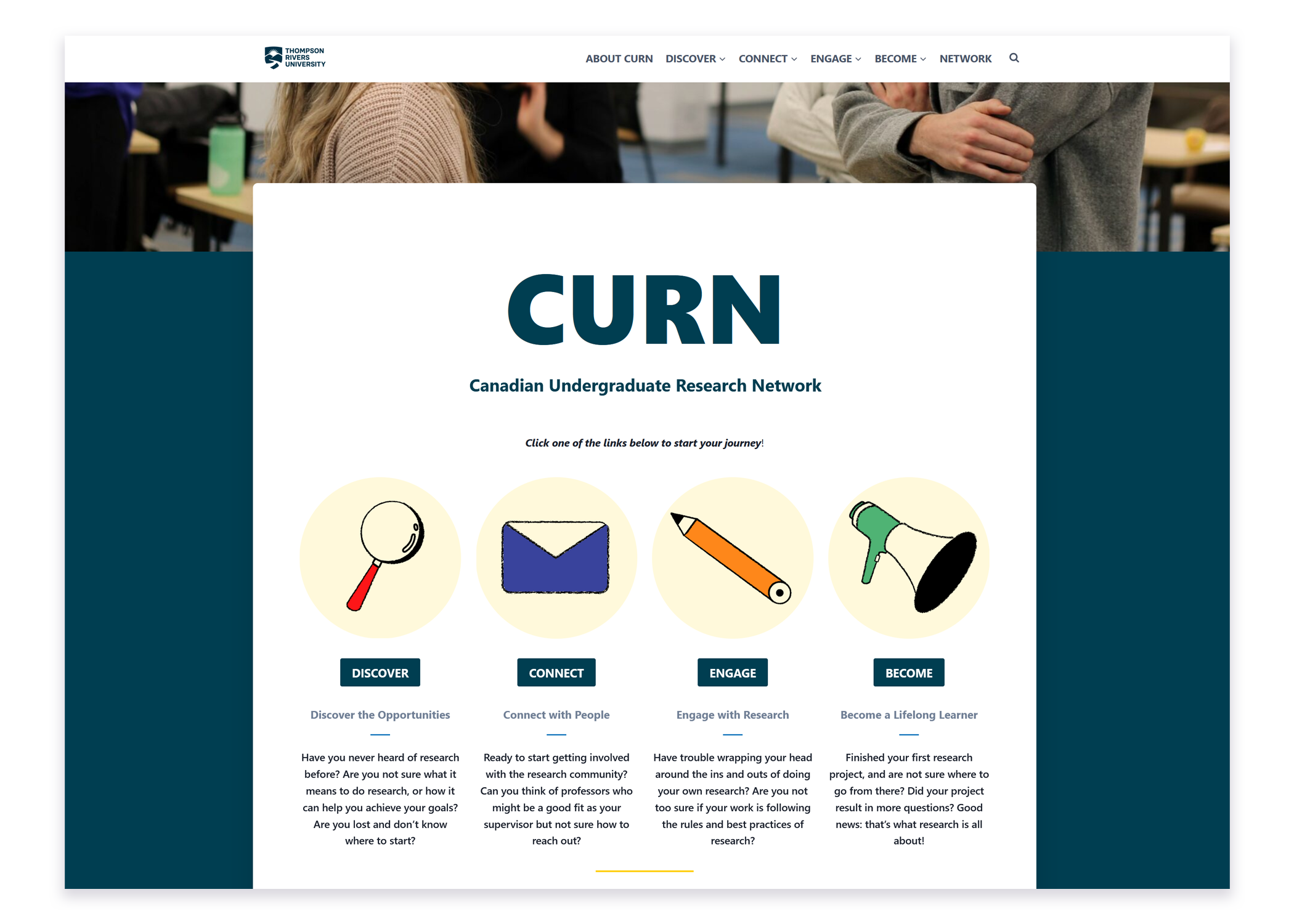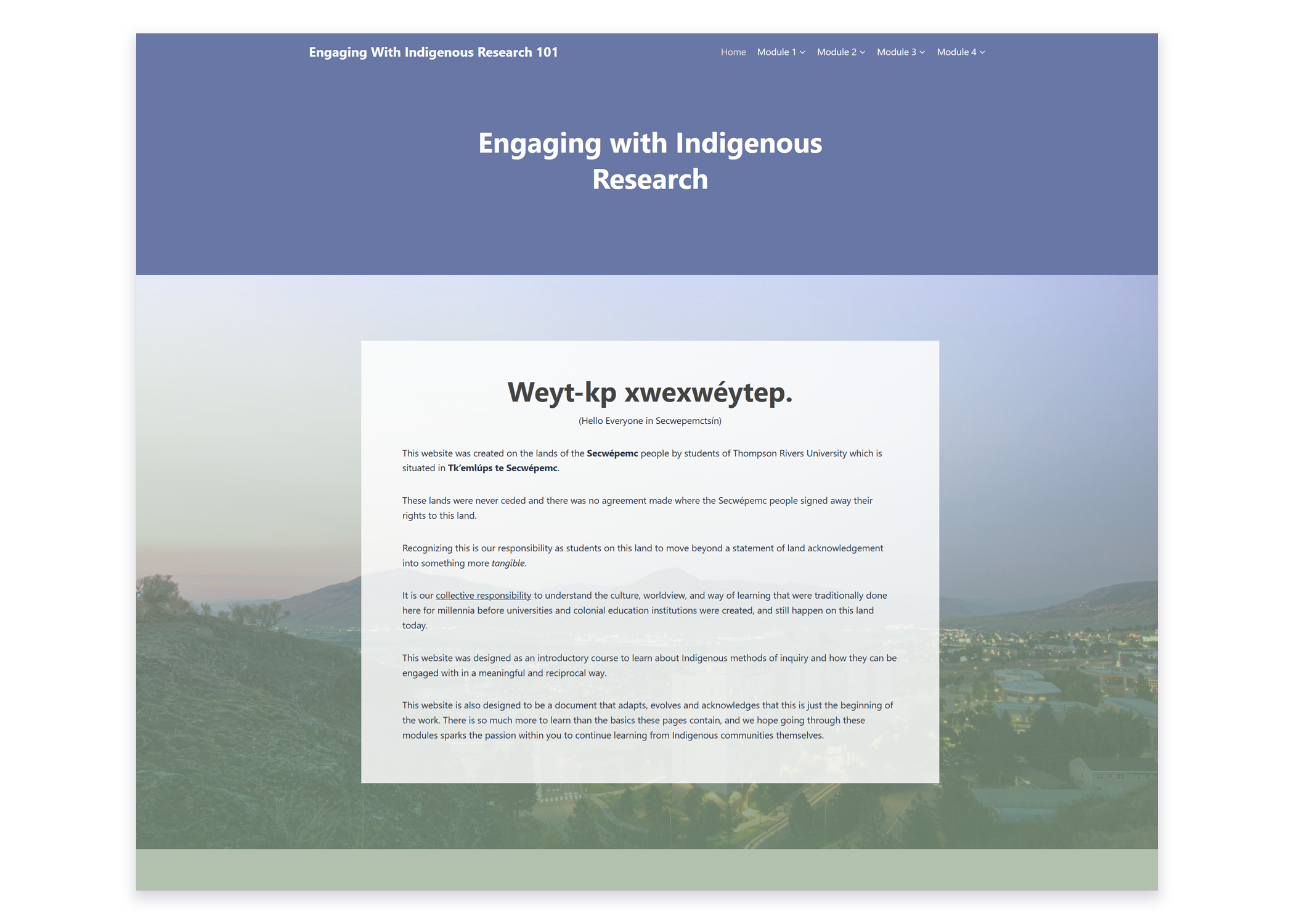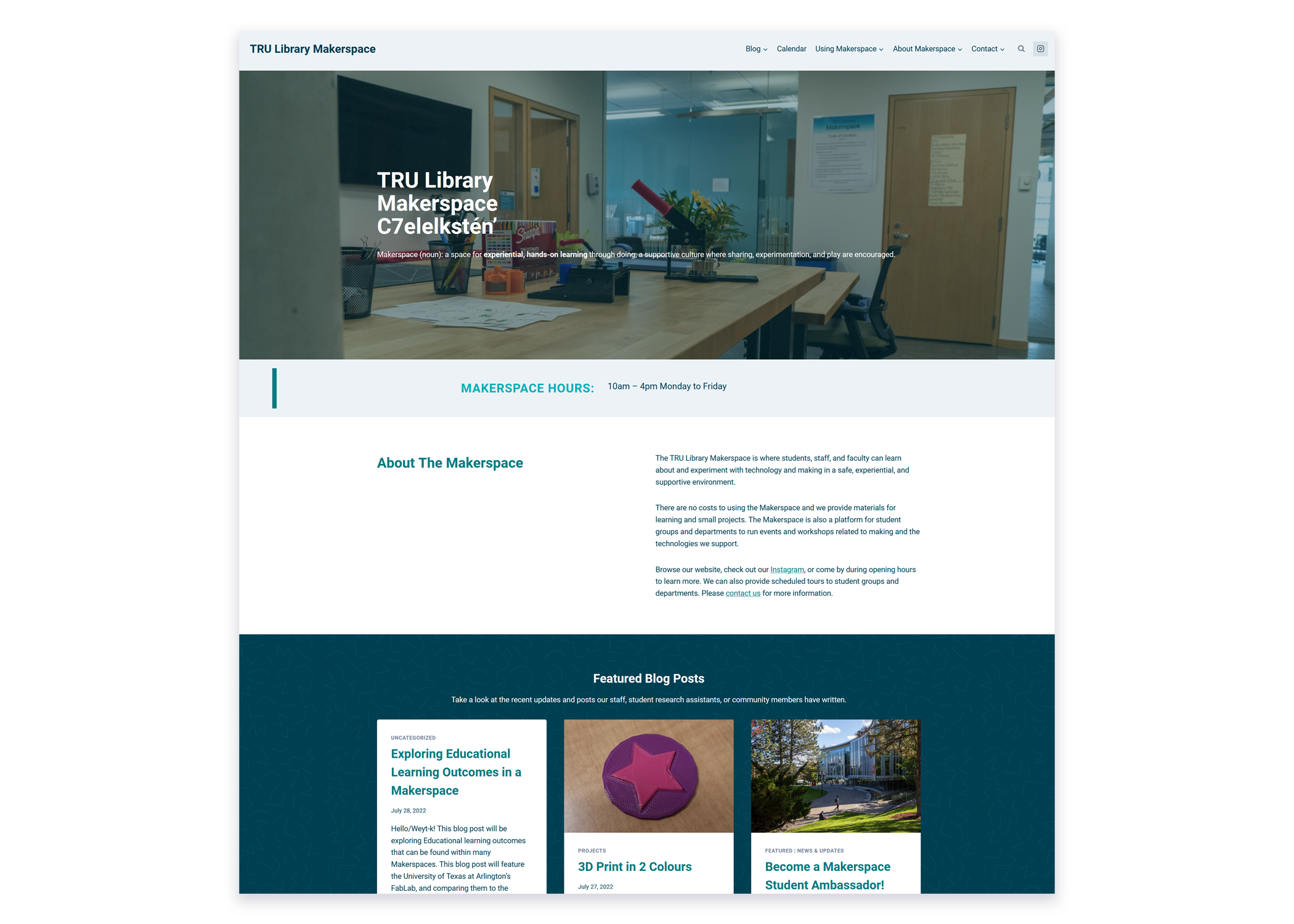Aspirational Edtech
Introductions
A thinly veiled attempt to make you believe we are worth listening to.

Anne-Marie Scott
- Deputy Provost
Athabasca University (Jan 2020 – March 2023) - Deputy Director Learning, Teaching and Web Services
University of Edinburgh (2002 – 2019) - Board Chair, Apereo Foundation (2018-present)
- Board member, Open Source Initiative (April 2023 – present)

Brian Lamb
- Director of Learning Technology and Innovations
Thompson Rivers University (2012-present) - Manager, Emerging Technologies The University of British Columbia (2002 – 2012)
Edtech is Big Business
There are a variety of economic interests influencing the technologies we use.
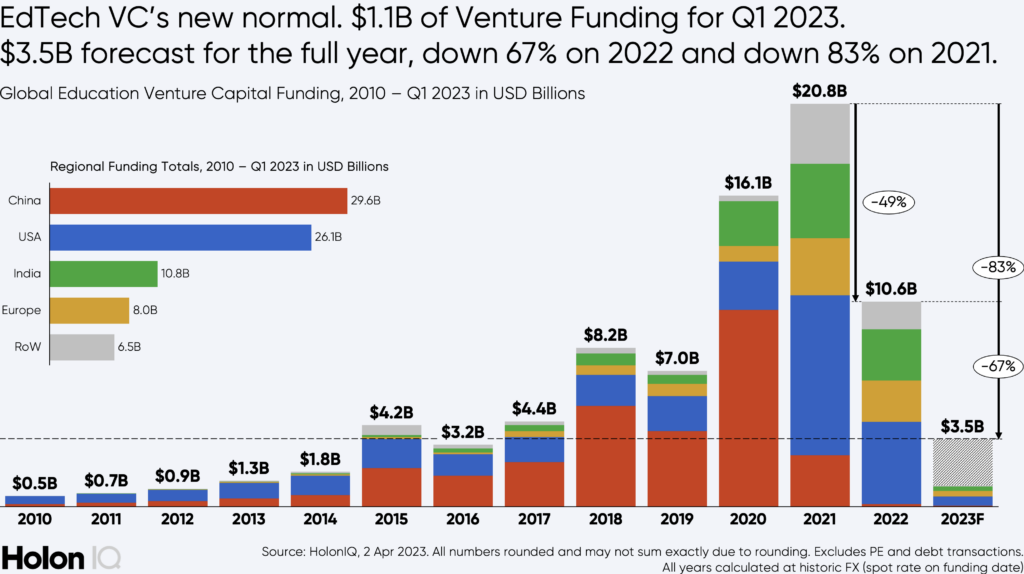
- Edtech companies have a vested interest in influencing institutions and making markets for edtech.
- Institutions have vested interests in edtech to support digital transformation visions.
Edtech is not a tool
The technologies we use are matters of quality.
“As researchers and practitioners of digital education, we need to move away from our over-emphasis on how technology acts on education, or how education can best act on technology. Let us rather acknowledge that the two are co-constitutive of each other, entangled in cultural, material, political and economic assemblages of great complexity.”
Bayne, S. (2014) What’s the matter with ‘Technology Enhanced Learning’?. Learning, Media and Technology, DOI: 10.1080/17439884.2014.915851. https://doi.org/10.1080/17439884.2014.915851
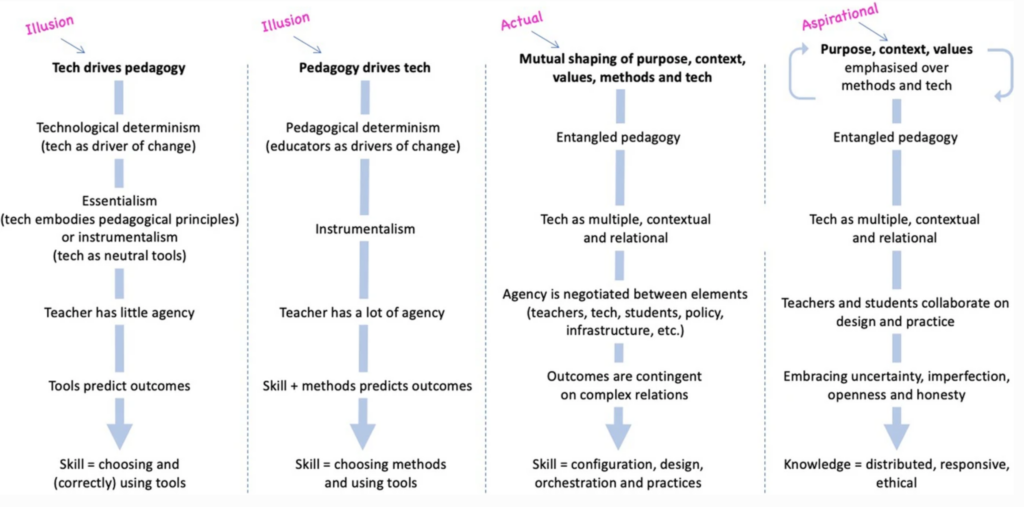
- Good use of educational technology is not as simple as picking the right technology and training people on how to use it.
- Quality assurance processes needs to extend beyond what we do within educational technology systems to how we choose them in the first place.
Edtech is not neutral
Edtech is driven by political ideologies of what education is about and for, and is not an ethics free zone.
“The rise of edtech is underpinned by ideology: Edtech is financially driven, adheres to privatisation of longstanding public structures, desires automated or prepackaged contents and processes, and envisions technology as a solution in and of itself.”
Veletsianios, G., & Moe, R. (2017, April 10). The Rise of Educational Technology as a Sociocultural and Ideological Phenomenon. Educause Review. https://er.educause.edu/articles/2017/4/the-rise-of-educational-technology-as-a-sociocultural-and-ideological-phenomenon

- Edtech is complicit in narratives of disruption and presented as a ”solution” to a problem.
- Ethics are a structural consideration in one area of education, and a risky business to engage with in another.
Edtech is Killing Us
We live in a period of edtech excess that is fuelling increasing disadvantage and climate crisis.
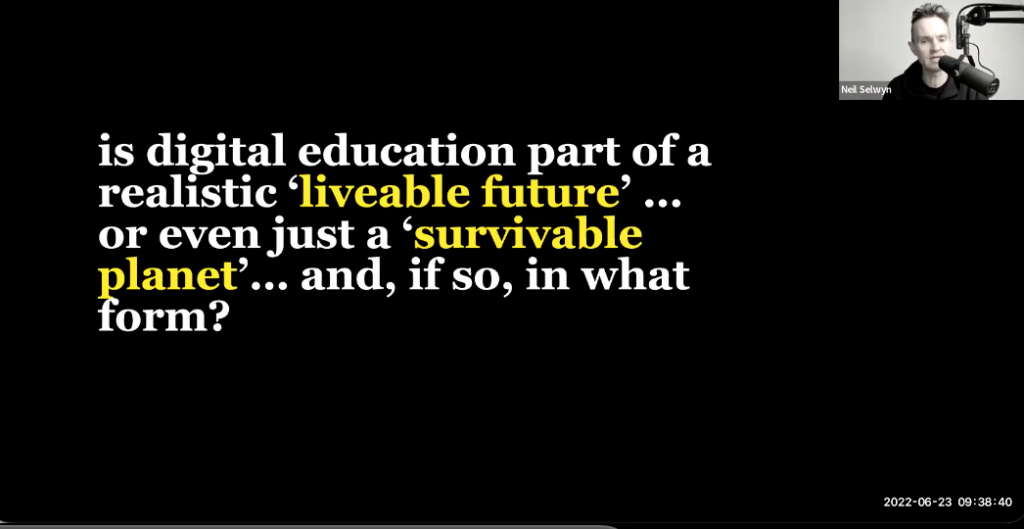
- Should we be assessing the environmental footprint of our courses as a design and quality assurance activity much like might assess accessibility?
- Do we need more edtech?
The Platform University
“The university is being transformed by platform technologies and companies. Although software platforms have been inside HE for years, HE is now moving inside the software platform. In the emerging platform university, more and more HE services are being delegated to software, algorithms, and automation. The business logic of platform capitalism has captured the academy, and the public role of the university has become a source of private financial gain.”
Williamson, Ben. ‘The Platform University: A New Data-Driven Business Model for Profiting from HE’. Wonkhe, 9 Apr. 2019, https://wonkhe.com/blogs/the-platform-university-a-new-data-driven-business-model-for-profiting-from-he/.
Why Platforms are Important
“…digital platforms as key educational devices in the governing of education, deploying a nuanced sensitivity towards mobility, enactment, patterning, paradoxes and the generation of different potentialities.”
Decuypere, Mathias, Emiliano Grimaldi, and Paolo Landri. “Introduction: Critical Studies of Digital Education Platforms.” Critical Studies in Education 62, no. 1 (January 1, 2021): 1–16. https://doi.org/10.1080/17508487.2020.1866050.

…the practice of speculative futures – specifically the practice of financial investors speculating on educational futures in financial markets. This is a practice which sees ‘investors’ betting upon and hedging against future educational developments, creating derivatives and even shorting educational futures….Its goal is financial profit rather than educational development.
Facer, K. 2021. Futures in education: Towards an ethical practice. Paper commissioned for the UNESCO Futures of Education report
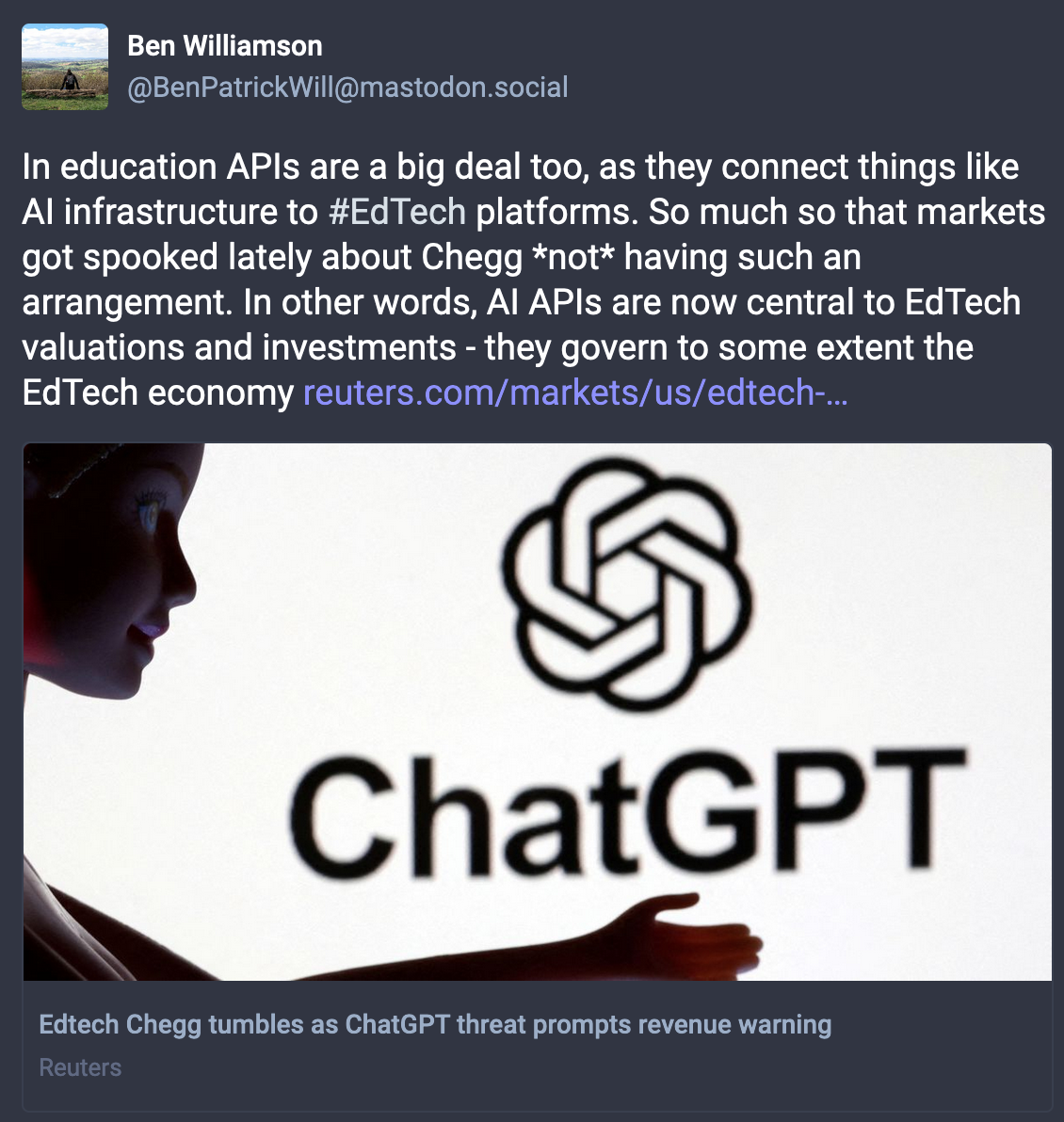
The Platform Cooperative
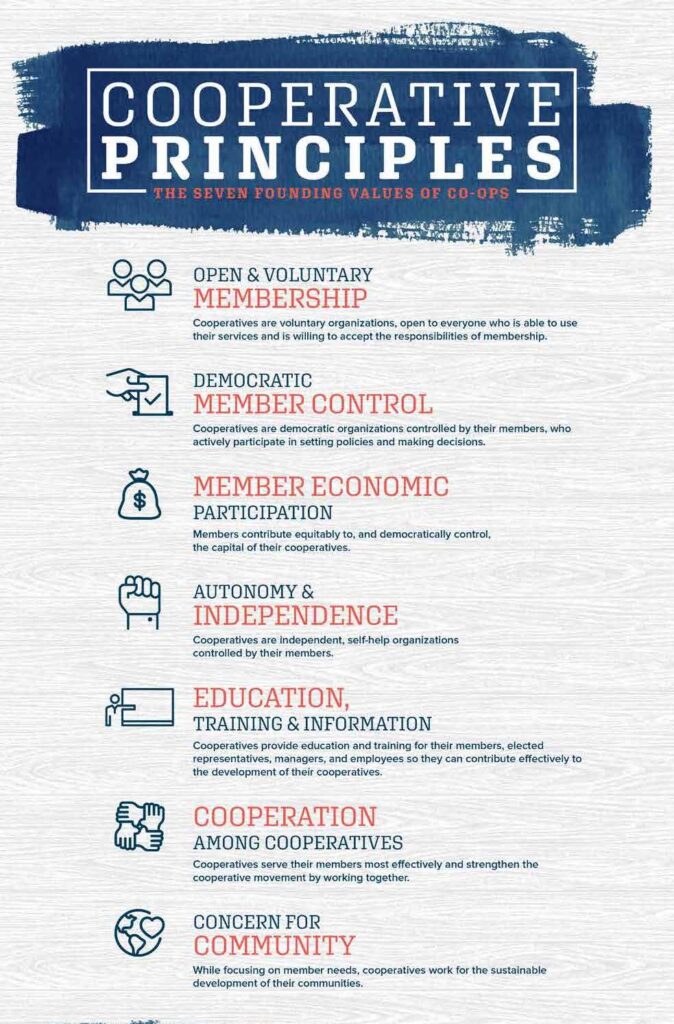
“The most valuable networks, however, are those that facilitate group affiliations to pursue shared goals—which is to say, networks that are treated like commons …
First, platforms are us: Platforms aren’t just software applications and the companies that administer them. What gives a platform value, in most cases, is the community of users that employ the platform, along with the networks, data, and ideas they create. In other words, what makes platforms so valuable is what we put into them.
Second, platforms don’t need to be treated as commodities.”
Platforms as Capacity
TRUBOX – LT&I’s Core Platform
- Hosted on BCNET Educloud.
- 1923 sites (as of April 2023).
- where possible bulk purchase premium themes and plug-ins that might otherwise be unavailable to users.
What makes Trubox distinct?
- Trubox allows for self sign-up, and site creation from starter sites for any TRU user.
- Trubox is not integrated with TRU’s single sign-on system, which means sites can persist after a user leaves the university, and that external users can easily be accommodated.
- Trubox is built on a foundation of a cloning tool, which allows for more rapid iterative development, and to provide “starter” sites for users.
Even if we only used trubox for internal purposes, it would be essential to our practice
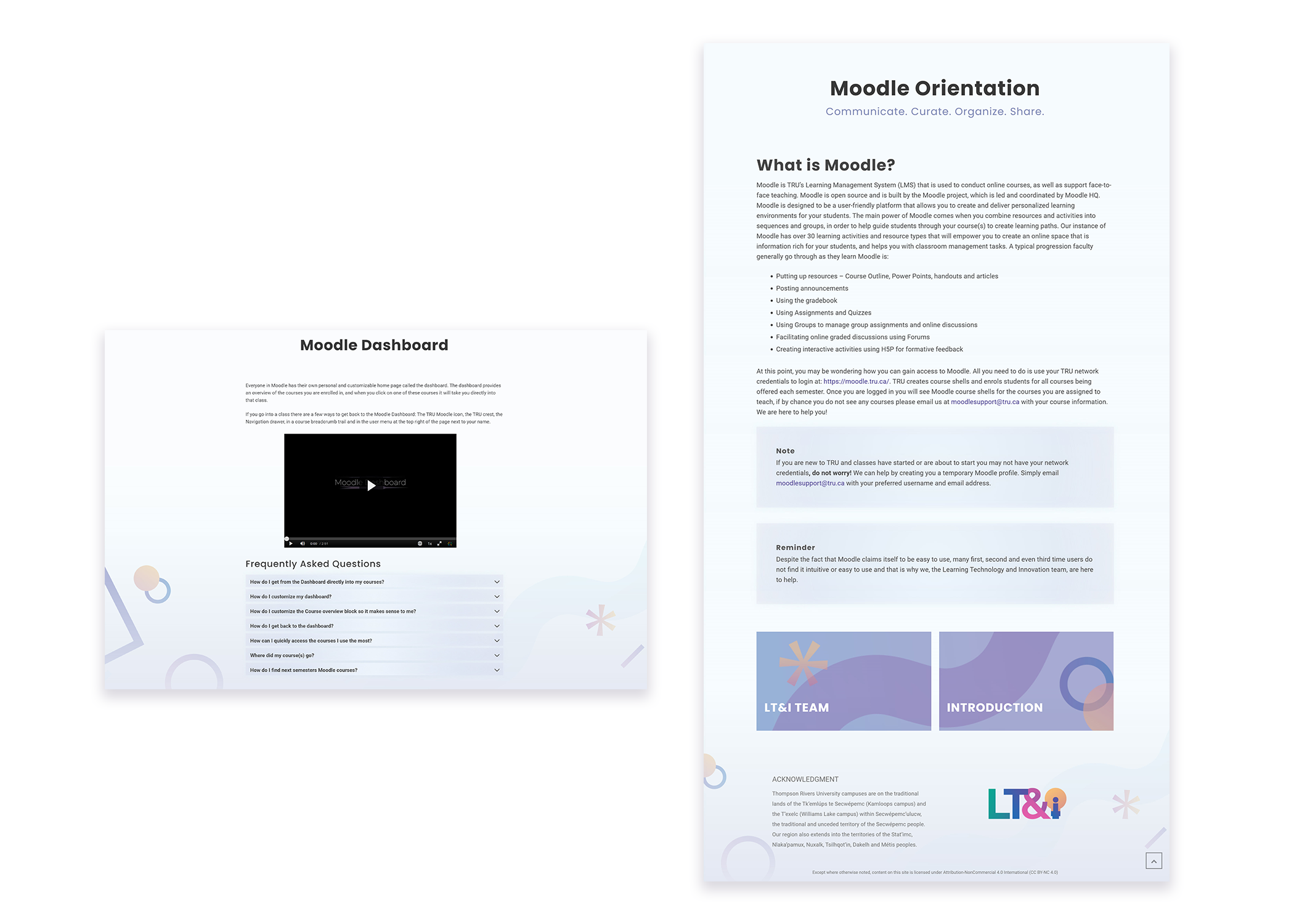
Moodle Orientation / LT&I Toolkit / Learning Without Walls / Teaching Unbound / Lightboard!
Open publishing and collaboration
LT&I’s support for our open publishing and collaboration platforms (WordPress, Pressbooks, Mattermost, MediaWiki) allows us to extend TRU research through knowledge mobilization and community engagement.
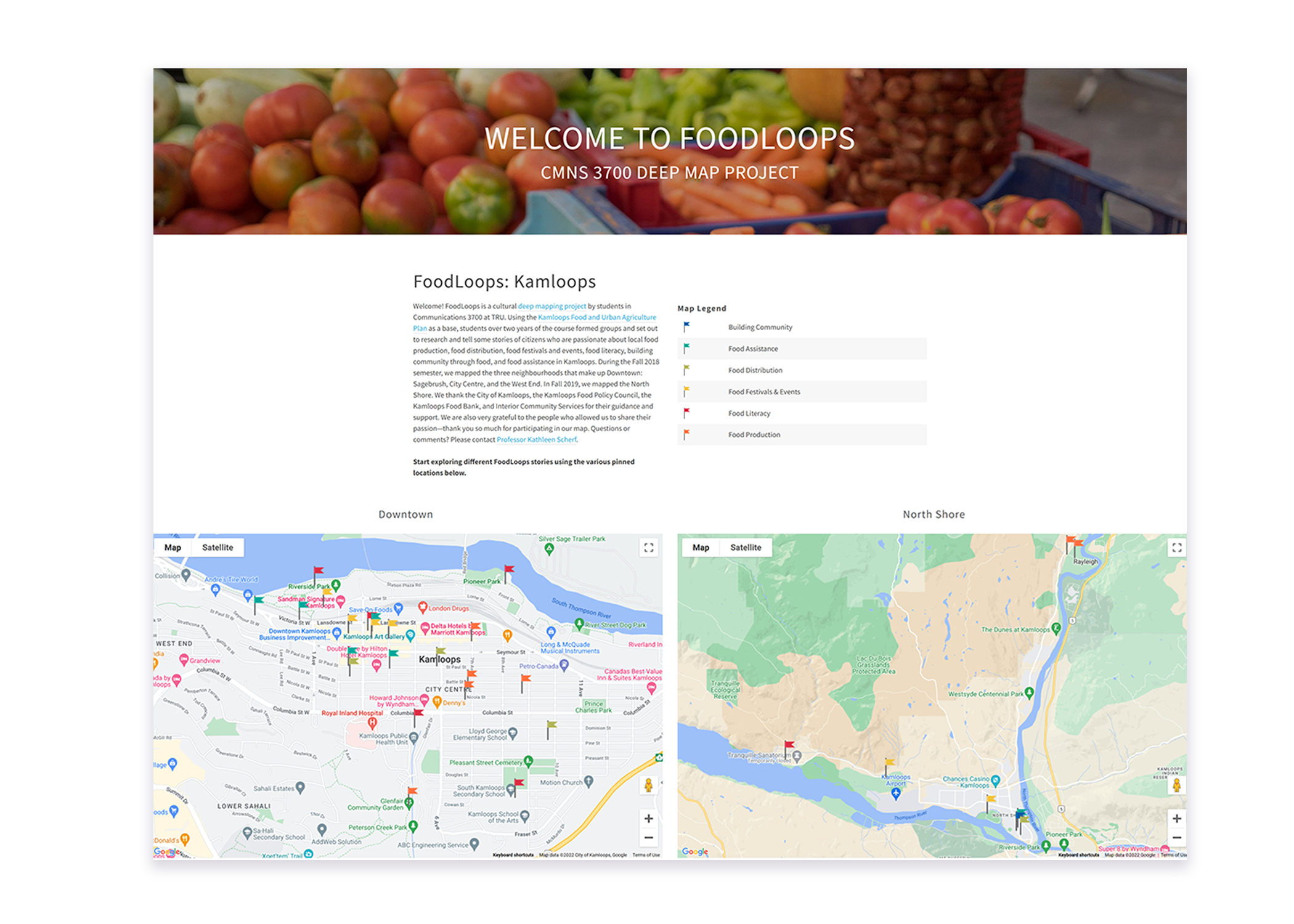
An Untextbook Project / Canada and the Asia-Pacific Policy Project / FoodLoops / Housing in Kamloops / Learn Secwepemctsín Online / re Secwépemc / TRU Law Review
Podcasting
Podcasting is an area of particular strength. Dr. Brenna Clarke Gray is a co-investigator of the SSHRC-funded Amplify Podcast Network.
Amplify Podcast Network / Knowledge Mobilization and You / Indigenous Podcast Series / Eye on EDI
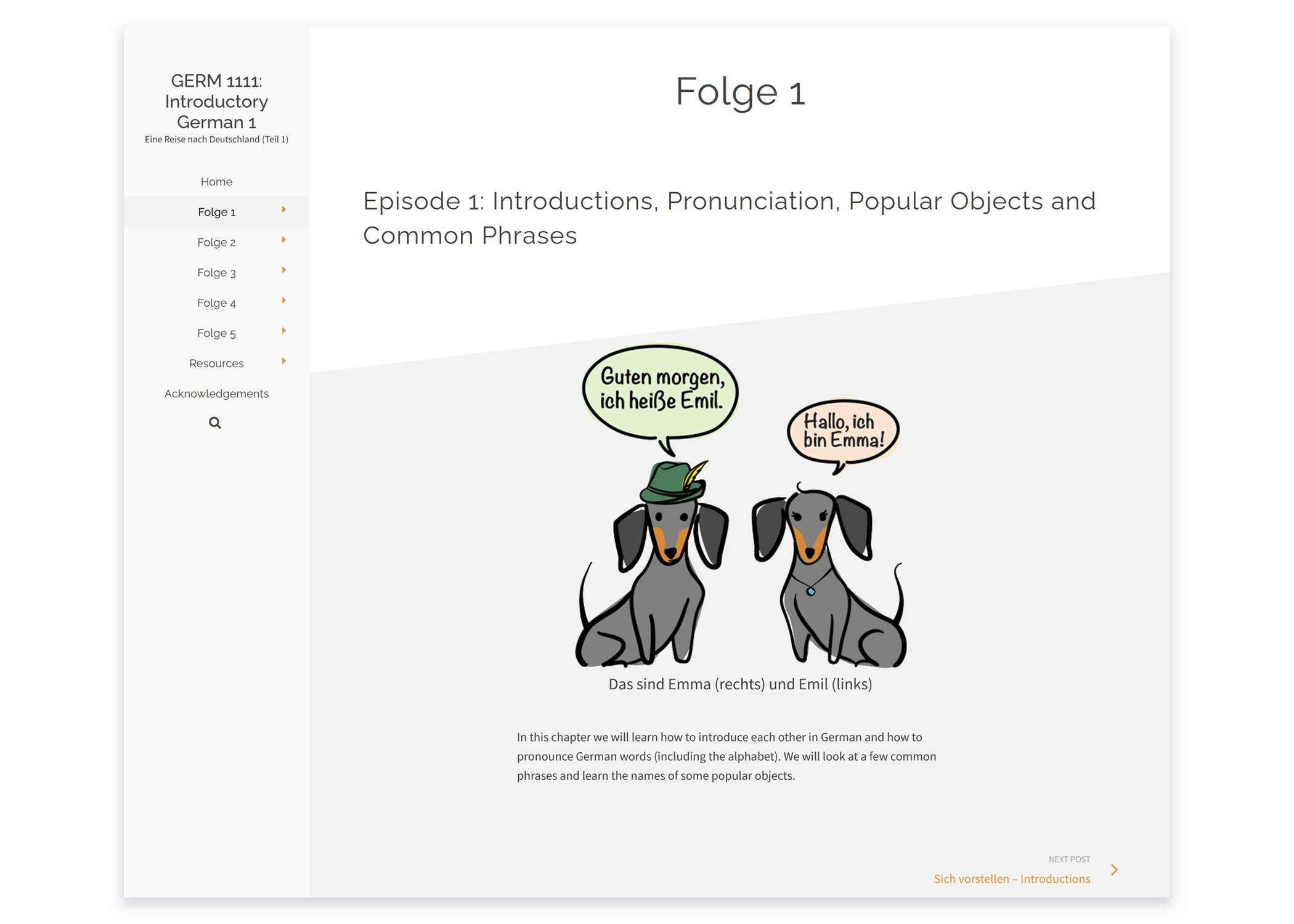
LT&I’s platforms and skills have allowed us to extend our reach with open educational resources and open pedagogy.
Human Biology Textbook / Biology 3021 Course Blog / German 1111 Course Site / Geology 1111 Course Site / Writing for Success
Special emphasis has always been placed on working with students on developing their digital skills and literacies. LT&I has evolved a unique and effective technique for creating clone-able starter sites, which dramatically simplifies and reduces development time. It also provides far more welcoming on-ramps for students when they begin building their own websites. So many wonderful stories of students finding their voices and building their digital creation skills. We are especially grateful for the opportunity to work alongside indigenous scholars.
Knowledge Makers Program / Sandra Bandura / Johnny Bandura / Canadian Undergraduate Research Network / Engaging with Indigenous Research / TRU Makerspace
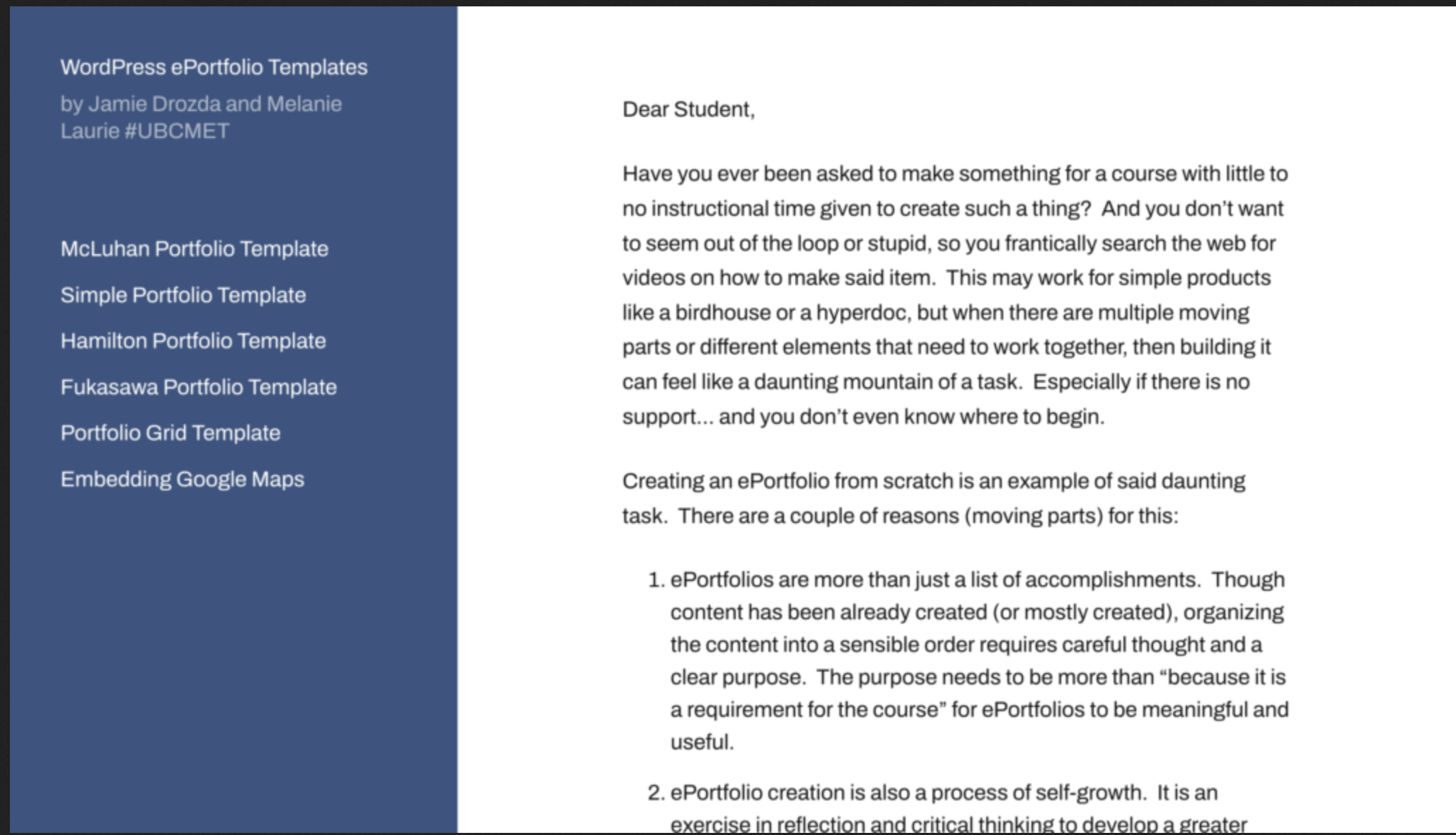
LT&I’s platforms provide ePortfolio starter templates which embed pedagogical prompts and technical instructions, while building student digital literacies and skills with the widely-used WordPress platform. Students can also use the platform to build their own project sites, or to support student life initiatives.
WordPress Templates / Your Public Relations ePortfolio / Alexis / Girls Shred Pow / Assistance for Single Families / Postural Education / Kamloops Robot Kombat / TRU Swing Dance Club
Mobilizing student research
Student-created sites need not be portfolio oriented. The Websites in Your Course site (under construction) collects resources, student and faculty stories, and examples.
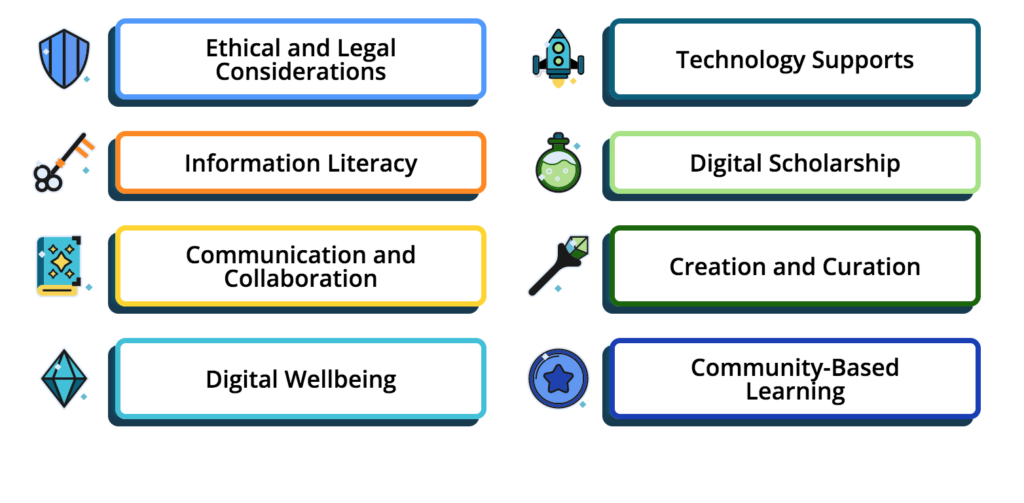
We believe this approach is a solid manifestation of the digital competencies articulated in the BC Digital Learning Advisory Committee’s Digital Learning Strategy.
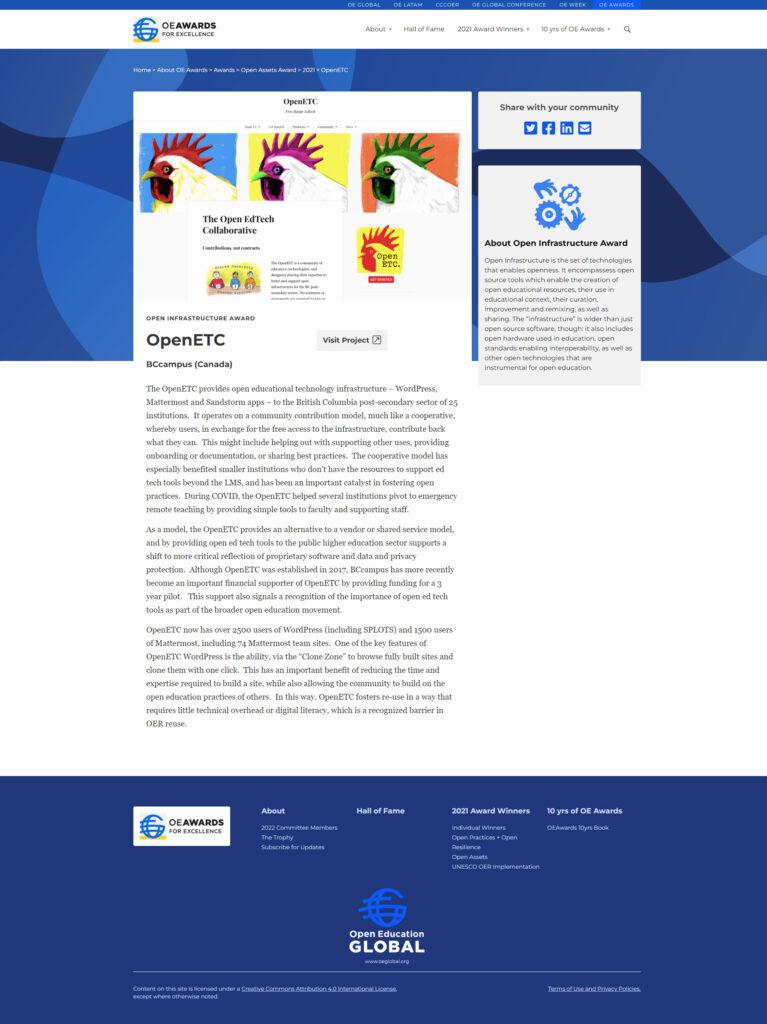
LT&I has extended its efforts via the BCcampus-funded Open Ed Tech Collaborative (OpenETC).
The Open EdTech Collaborative (OpenETC) / 2021 OE Global Award for Excellence, Open Infrastructure
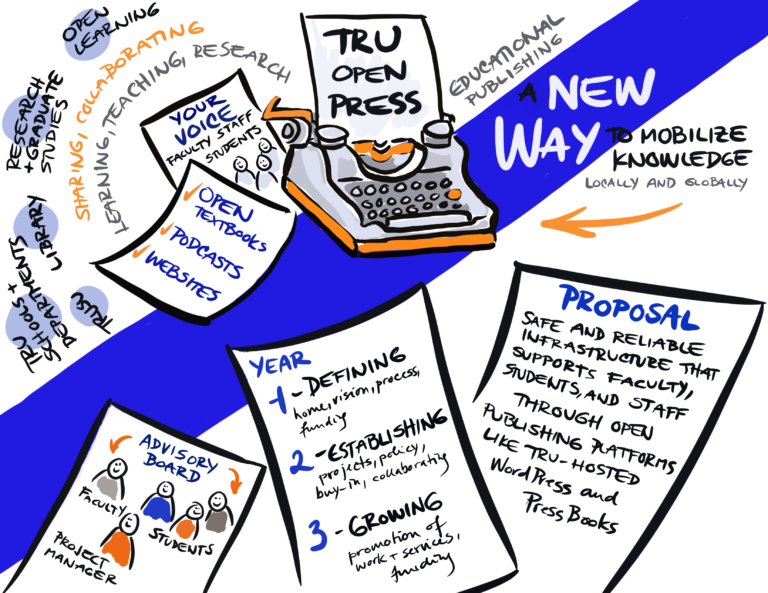
The TRU Open Press (proposal): “The intention of the press is to solidify the existing infrastructure to be ready for TRU’s next phase as a research-first university while celebrating and supporting the existing community ethos to teach and learn in the open.”
But this type of platform is not a given in a contemporary higher education institution:
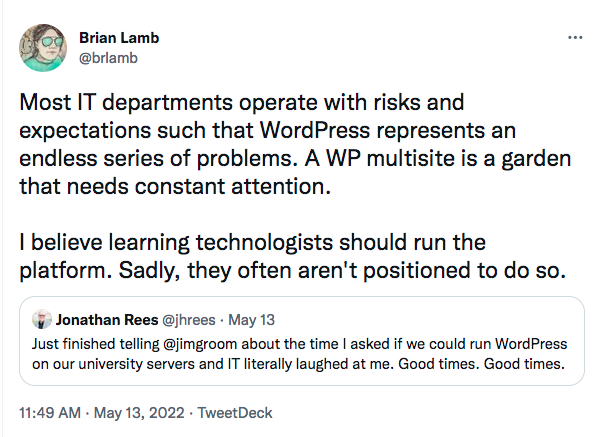
Anne-Marie Scott, “Digital transformation and why it can’t be done without learning technologists”.
In many ways, an open platform is like a garden: it requires regular attention, and interventions can affect some of the community more than others. It can quickly become overgrown and messy, and pieces can have unpredictable effects on one another as a system. Sometimes these unexpected effects are delightful, creative and serendipitous. Sometimes, they are… not.
